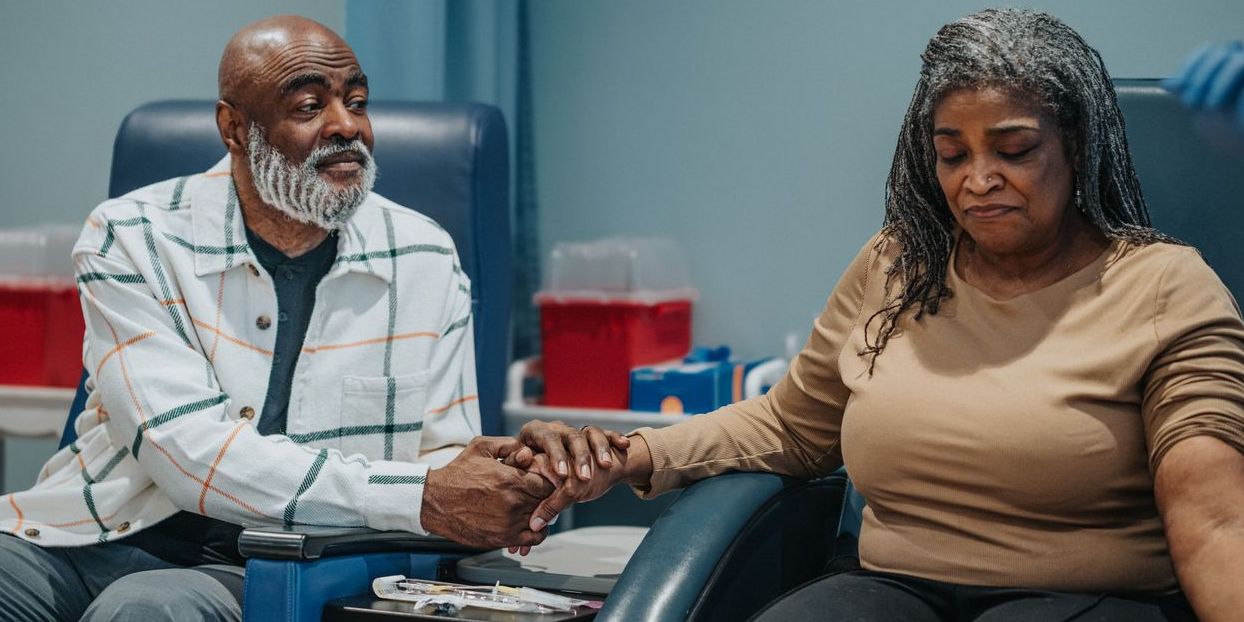Gate control theory and fear-avoidance model of chronic pain posit that biopsychosocial factors can modulate pain. Non-pharmacological interventions are recommended in managing chronic pain, but little information is available regarding their efficacy in older adults. We examined and compared the efficacy of different non-pharmacological intervention approaches for chronic pain management among older adults via meta-analysis and subgroup analysis.
Following the PRISMA guidelines (PROSPERO number CRD42020222767), a systematic search was undertaken using MEDLINE, Embase, and PsycINFO up to 21 March 2022. Randomized controlled trials were included, and data were pooled using a random-effects meta-analysis model. Risk of bias was assessed using a quality rating scale for psychological interventions.
Twenty-five trials (N = 2394 participants) were identified. Six types of non-pharmacological interventions were compared with control conditions (sham/attention control and treatment as usual). Non-pharmacological interventions were associated with significant reductions in pain intensity, pain interference, depressive symptoms and catastrophizing beliefs and improvement in physical performance (standardized mean differences [SMDs] -0.34 to 0.54). Subgroup analyses based on different non-pharmacological approaches revealed the benefits of psychological approaches combined with physical activity.
Non-pharmacological interventions, particularly those adopting psychological approaches and physical activity, have a small but statistically significant effect on chronic pain management in older adults. Reduction in pain interference may be related to reduced catastrophizing beliefs, thus providing support for the fear-avoidance model. Further research with adequate power is needed to establish the efficacy and mechanism of various intervention modalities for older adults.
© The Author(s) 2024. Published by Oxford University Press on behalf of The Gerontological Society of America. All rights reserved. For permissions, please e-mail: journals.permissions@oup.com.














Create Post
Twitter/X Preview
Logout